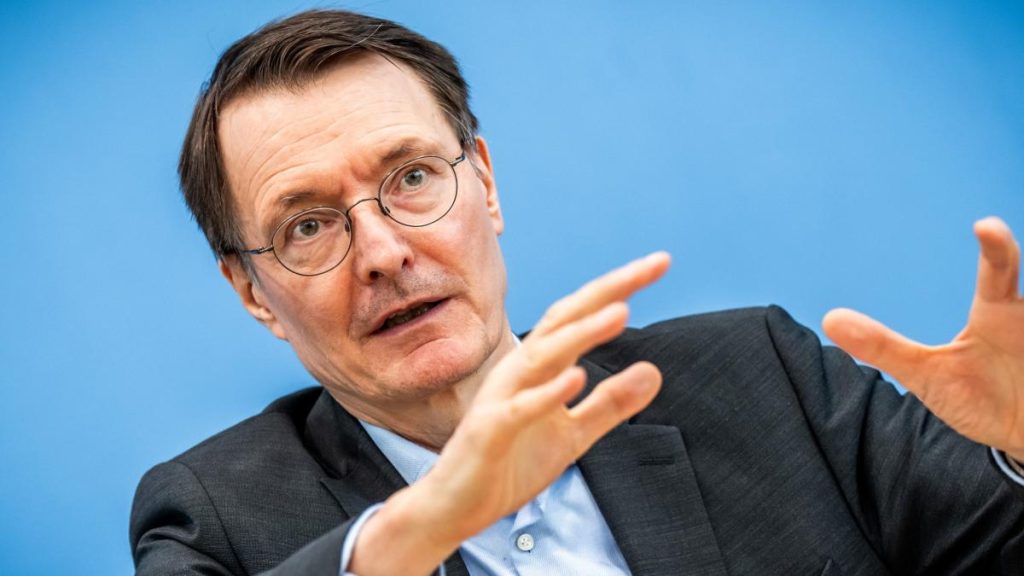Health Minister Karl Lauterbach of the SPD is pushing for stricter regulations on the sale of laughing gas as a party drug, particularly to young people, in Germany. He has expressed urgency in addressing the issue, mentioning the possibility of adding laughing gas to the list of psychoactive substances with strict regulations on sales. Lauterbach emphasized the dangers of laughing gas consumption, warning of accidents, neurological damage, and potential long-term effects, especially for children and teenagers. Despite the risks, a complete ban on laughing gas is not currently feasible due to its industrial uses.
As a temporary measure, Lauterbach advised parents to educate their children about the risks of laughing gas, emphasizing that while it may seem harmless and fun, it can have serious consequences. He stressed the importance of addressing the issue promptly, given the potential dangers associated with regular consumption of the substance. Lauterbach acknowledged the challenges in implementing a ban on laughing gas due to its widespread industrial applications, making it difficult to completely prohibit its sale and use.
Dr. Volker Limmroth, a medical professional from Cologne, called for stricter restrictions on the availability of laughing gas, highlighting that the substance is often underestimated and easily accessible. Limmroth, who is the Chief Physician of the Neurology Clinic in Cologne-Merheim, emphasized the need to limit the availability of laughing gas, which is legal, cheap, and easily obtainable in various locations, including kiosks near schools. He emphasized that substances like laughing gas should only be accessible through medical channels rather than being readily available alongside everyday items. The German Society for Neurology has previously issued warnings about the dangers associated with laughing gas, particularly its increasing popularity among young people.
In Germany, the sale and consumption of laughing gas are not currently illegal, although concerns about its rising popularity, especially among adolescents and young adults, have prompted calls for stricter regulations. The substance is not classified as a drug under the Narcotics Act by the Lower Saxony Medical Association, highlighting the need for clearer guidelines on its sale and use. Health professionals and policymakers are working to address the challenges posed by the widespread availability and use of laughing gas, with a focus on mitigating potential risks and harm associated with its consumption, particularly among vulnerable populations like children and teenagers. Efforts to regulate laughing gas sales and raise awareness about its dangers are ongoing in Germany.














